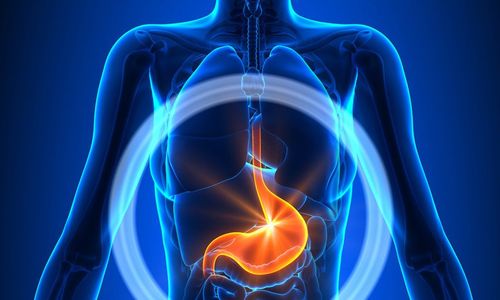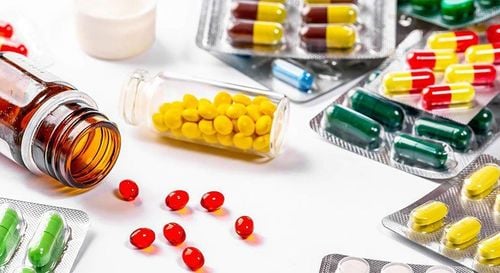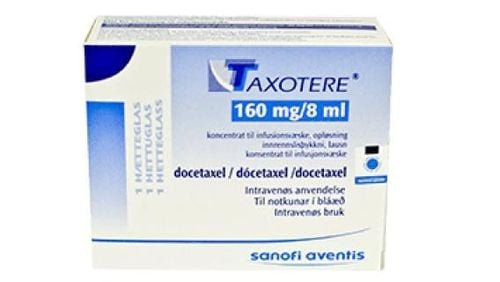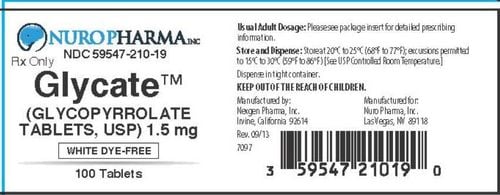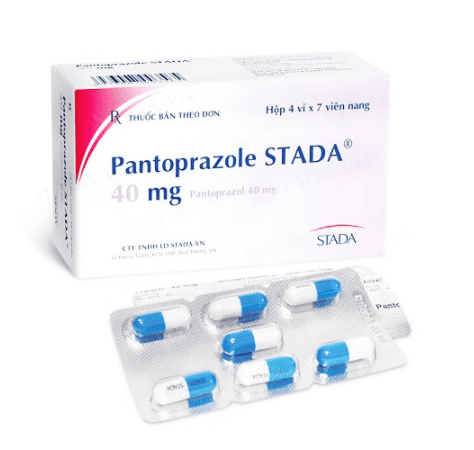This is an automatically translated article.
The article is professionally consulted by Master, Doctor Nguyen Ngoc Thang - Gastroenterologist - General Surgery Department - Vinmec Danang International General Hospital.Gastrectomy is a major surgery. Depending on the location, the nature of the lesion (sclerotic ulcer, bleeding or tumor), the surgeon's experience, the risk of complications may be more or less. Early detection of complications after gastric bypass surgery and care of patients after gastrectomy plays an extremely important role.
1. Complications after gastric bypass surgery
1.1. Early complications Postoperative bleeding: common in the first 24 hours after surgery.Incisional bleeding: May require compression bandages or enhanced stitches to resolve. Gastro-intestinal junction bleeding: With mild hemostatics, gastric lavage with thawing ice or serum until clear. With more severe cases need blood transfusion, if the fluid is still red, surgery is required to stop the bleeding. Intra-abdominal bleeding: Urgently transfuse fresh blood and re-operate to stop bleeding. If bleeding is due to a blood vessel, stitches are required. If the spleen is damaged, it can be sutured conservatively or splenectomy.
Clogged mouth connection: Infusion, antibiotics, support. Daily suction of gastric juice. If it doesn't work, you need to have surgery again to solve the cause.
Leaky anastomosis: Mild levels can be fasted, intravenous fluids, antibiotics, protein supplements, blood. Severe degree requires surgery, cleaning the peritoneal cavity, checking and managing the leak site.
Duodenal fistula: Mild for gastric aspiration, intravenous fluids, high-dose antibiotics. If it doesn't work, repeat surgery. In severe cases, cleaning the peritoneal cavity, draining the duodenal apex or draining the paraduodenal apex to the outside.
Acute pancreatitis : Gastric suction to relieve distention, relieve pain, give antibiotics, fluids and electrolytes. If peritonitis is present, surgery is required.
Injury to the bile ducts: Re-intervention to resolve the cause. It is possible to suture the tear of the common bile duct, connect the digestive bile or drain it out.
1.2. Late complications Osteoarthritis: First, medical treatment is the same as any other ulcer case. If there are no results, consider re-operating:
If resection is not enough, re-gastrectomy (degastrectomy). If the X cord is not cut well, then the gastrectomy is often repeated. If it's a pancreatic tumor, remove the entire stomach. Next loop syndrome: Symptoms are not severe, medical treatment can be stabilized, then continue medical treatment. Severe symptoms or greatly affect the patient's activities, surgery:
Short to short: re-cut the stomach or cut the loop to plug it into the loop. Long handle: make Braun Twist connection: emergency surgery, depending on the specific damage to be treated. Intussusception: Usually medical treatment. If the intestine is tight and prolonged, surgery is required to avoid necrosis.
Internal hernia: Most of the time, surgery is required. After removal of the incubator, the mesentery must be closed, and the gap should be sutured. If the intestine is necrotic, the intestine must be re-resected.
Dumping syndrome : For high protein, low flour diet.
Do not drink with meals, only drink between 2 meals. Eat small meals, then lie down for 10-15 minutes. Give anti-histamine, anti-serotonin, antispasmodic. Anemia: Using drugs to stimulate blood formation: B1, B12, Folic acid, iron tablets... eat foods: turmeric, safflower...
Malnutrition: Need to eat high protein diet, closely monitor tight, no hard labor.
Suffering from chronic diseases: tuberculosis, mental disorders...
Other disorders: Worms crawling into the stomach and disordered absorption of fat, sugar, protein, vitamins.
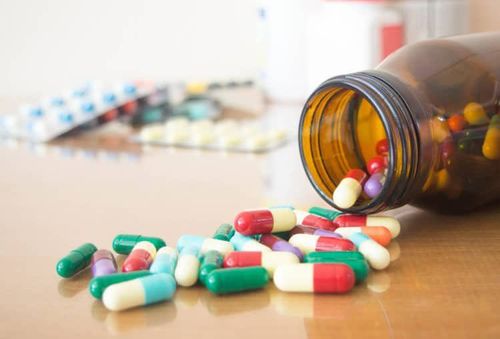
Với biến chứng thiếu máu có thể sử dụng thuốc kích thích tạo máu để cải thiện tình trạng
2. Caring for patients after gastrectomy
Early detection of bleeding due to complications after gastric bypass surgery, vital signs, abdominal condition... Implement orders for blood transfusion, perfusion, and patient resuscitation. Encourage and explain to the patient. Be prepared for an emergency re-surgery if re-bleeding is detected.Pain, shortness of breath after surgery: Give pain relievers as indicated. Raise the edge of the bed, instruct the patient to take deep breaths, and gently turn over. If the patient is not dizzy, sit up or lie down with the legs slightly bent on the abdomen. Avoid distension of the bladder, encourage the patient to relax, do not tighten the abdomen. Monitor for signs of shortness of breath, provide adequate oxygen. Postoperative intestinal paralysis: Monitor the nature, quantity, and color of gastric juice, withdraw the suction tube when ordered. Give the patient early exercise and breathing exercises. Regularly measure the waist circumference to assess the status of abdominal distension and bloating after surgery. Dental hygiene care. Infection : Have the patient often lie on the side of the drain. If you notice fresh blood coming out, tell your doctor right away. The urinary catheter should be removed as soon as there are no signs of shock. Usually do not change the dressing if the incision is sterile, remove the sutures after about 1 week. Suture removal later with the elderly, malnourished, weak abdominal wall. In the early days, the patient was fed with fluids. Depending on the pathology and surgical method, feeding is done through which route, at any time. In the first days, it is necessary to eat soft, easy to digest food, chew it well, divide 6 meals a day. In order for the body to recover quickly, the patient should adhere to the following diet:

Người bệnh sau phẫu thuật nên ăn thức ăn dễ tiêu hóa như súp, cháo, canh
Please dial HOTLINE for more information or register for an appointment HERE. Download MyVinmec app to make appointments faster and to manage your bookings easily.




